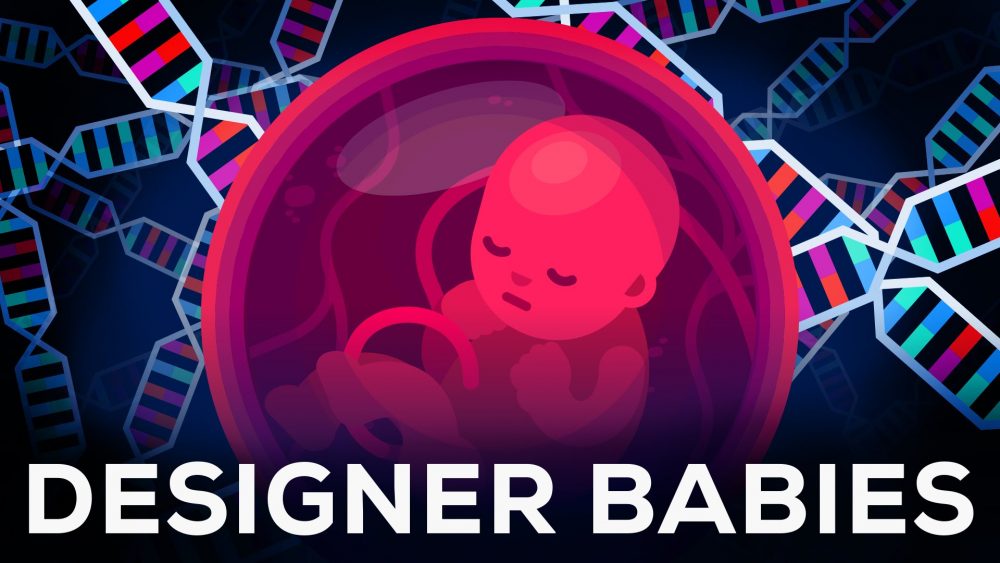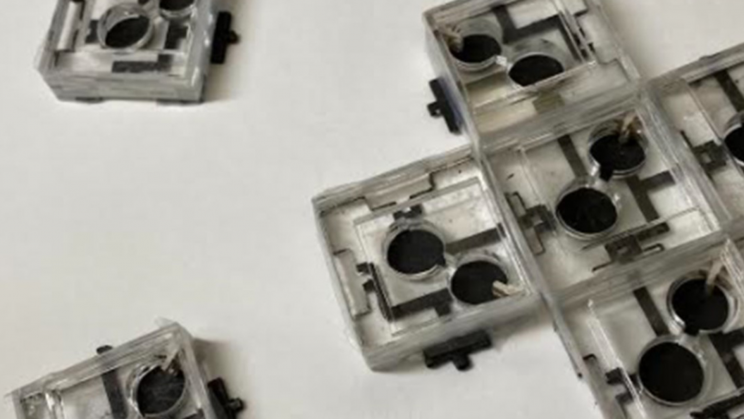We may have just moved one step closer to designer babies.
In a major report, the U.K.’s Nuffield Council on Bioethics says it’s acceptable to genetically engineer human embryos, so long as it does not harm the future child or does not increase disadvantage, discrimination, or division in the society. Genome editing is currently not permitted in the U.K.
Should gene editing be performed on human embryos?
The Nuffield Council on Bioethics is one of the most forward-thinking ethics boards in the world. The council has taken a surprisingly progressive position on this controversial matter, calling it “morally permissible.”
What is human genome editing?
Genome editing involves modifying the DNA in an embryo by replacing parts of the genetic code. The altered embryo is then implanted in the womb.
How can it change lives?
With gene editing, it is now becoming possible to alter DNA in a human embryo. It could bring an end to all inherited disease and cancer by modifying genes. Not only this, there is also a possibility of enhancing intelligence or selecting the height or hair color of a child.
Although designer babies are well beyond our current genetic knowledge, getting the ethical green light for editing human embryos is a promising sign, setting the stage for future generations.






